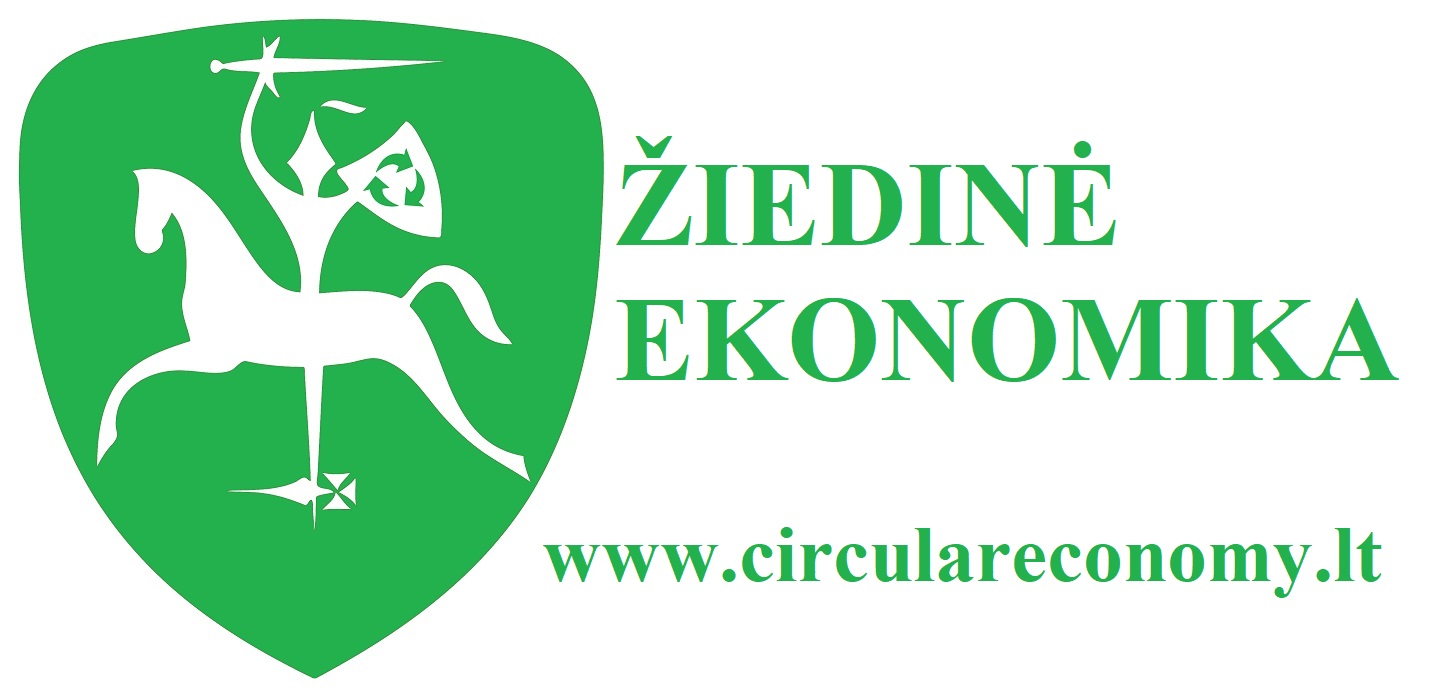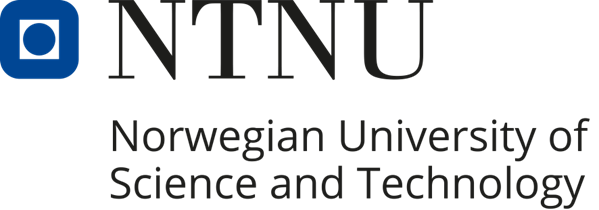find out more about us and our areas of activity
ESTIA :
ESTIA is an engineering school located in the Basque Country that provides education andtraining in the field of industrial technologies. It has an ecosystem that integrates training ofengineers and masters, research teams, technical platforms, and a business incubator. ESTIA trains trilingual engineers who work closely with local businesses through internships andstudent projects. The campus is composed of three entities: ESTIA Engineering School, ESTIAEntreprendre (business incubator), and ESTIA Recherche (research group). Companies hostedby ESTIA Entreprendre can benefit from the skills of ESTIA researchers and advancedequipment. ESTIA has partnerships with other national and European schools and maintainscollaborations with several centers and networks.
IPAG :
IPAG is a non-profit business school located in Paris, with a strong commitment to ethics, socialresponsibility, and academic excellence. It is a member of the « Conférence des Grandes Ecoles » and ranked 3rd best French business school in the Shanghai Ranking. IPAG’s curriculumemphasizes fieldwork experience and is taught by a high-profile faculty of researchers andbusiness professionals. The school encourages diversity and agility, with a focus on creatingcross-functional managers who contribute to the business community through innovation andentrepreneurship. IPAG’s values are centered around agility, commitment, excellence, andopenness.
IAAC:
The Institute for Advanced Architecture of Catalonia (IAAC) in Barcelona is a research centerfocused on innovative architecture and collaboration between educators, researchers,institutions, and companies. IAAC’s research areas include design and digital fabrication,sustainable development, and urbanism, operating at the intersection of various disciplinessuch as robotics, synthetic biology, and forest management. The center also houses the first andmost advanced digital production laboratory in the EU, called Fab Lab Barcelona, whichsupports educational and research programs and coordinates the Fab Academy. IAAC alsolaunched the Fab City Research Laboratory and the prototype of a Fab City in Barcelona,promoting collective learning and experimentation. Overall, IAAC is a globally recognizedresearch and education center.
ZE:
VšĮ „Žiedinė ekonomika“ is an NGO established in 2016 and primarily focused on circular economy advocacy in Lithuania. We have been promoting best practises (received from being active members in „Zero Waste Europe“, „European Environment Bureau“, „Climate Action Network Europe“, „RREUSE“ and „European Composting Network“ networks) to national and municipal governments that would help transform Lithuanian economy towards more circular. Another our major activity is teaching circular economy principles for high school students. We have worked out program which involves sustainable consumption, production and policies this is presented together with a workshop. We also consult companies on circular economy matters and organize volunteers for Vilnius things exchange stations (Stotelės Dėk‘ui) as well as running there repair shops and community education programs on sustainable consumption.
NTNU:
NTNU Norwegian University of Science and Technology is Norway’s largest university (42000 students), with headquarters in Trondheim and campuses in Ålesund and Gjøvik. NTNU’s main profile is in science and technology, but has great academic breadth that also includes the humanities, social sciences, economics, medicine, health sciences, educational science, architecture, entrepreneurship, music and the arts. NTNU’s Department of Design offers among others a 5-year integrated master program in Industrial Design Engineering as well as a doctoral program (PhD) in Industrial Design. Design for Sustainability (DfS) is a main research focus area for the department. The DfS research group has participated in various EU, nationally and internally funded projects, including the H2020 MSCA ITN Circ€uit (Circular European Economy Innovative Training Network) which focused specifically on various aspects of transition to a circular economy.




